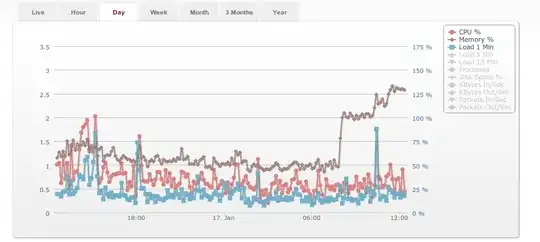For a proof of concept I am building a server which will host 2 users.
Both users are local admin, and both users are domain users.
User1 will encrypt the files with EFS so he can get transparent access.
Is it possible to for User2 to get access to those files?
If so, are there other ways to prevent access to those files?
Thanks!
